HELP am I killing my roses or is my neighbor
rosenewbie
19 years ago
Related Stories
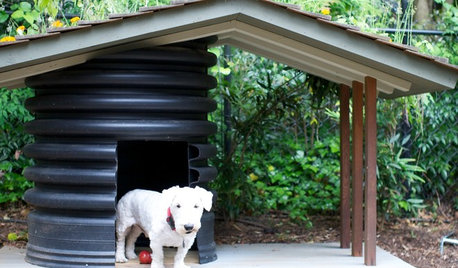
PETSHow to Help Your Dog Be a Good Neighbor
Good fences certainly help, but be sure to introduce your pup to the neighbors and check in from time to time
Full Story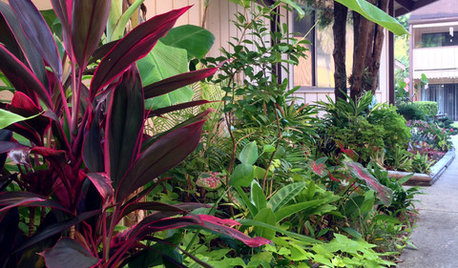
GARDENING GUIDESA Mom, a Garden and a Gift for the Neighbors
Gardening can be therapeutic in unexpected ways. See how one gardener found peace and purpose in a patch of Florida soil
Full Story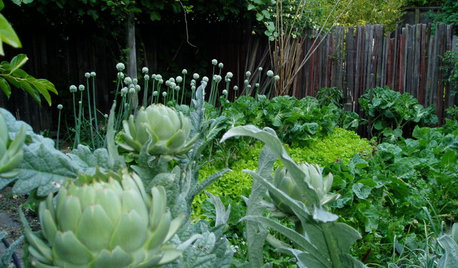
FRONT YARD IDEAS10 Ideas for a Front-Yard Edible Garden Your Neighbors Will Love
Choosing attractive, well-mannered plants and sharing the bounty will go a long way toward keeping the peace
Full Story
REMODELING GUIDES8 Tips to Help You Live in Harmony With Your Neighbors
Privacy and space can be hard to find in urban areas, but these ideas can make a difference
Full Story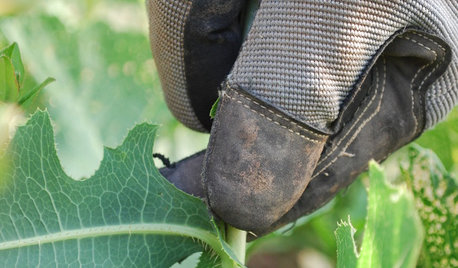
LIFEPortrait of a Terribly Good Neighbor
Sometimes the best kind of neighbor isn't the kind you'd expect
Full Story
COMMUNITYSimple Acts: The Unsung Power of a Good Neighbor
There are many ways to be a good neighbor, and they're often easier than you think
Full Story
LIFEHow to Get Along With the Neighbors — and Live Happier at Home
Everyone wins when neighbors treat one another with kindness, consideration and respect
Full Story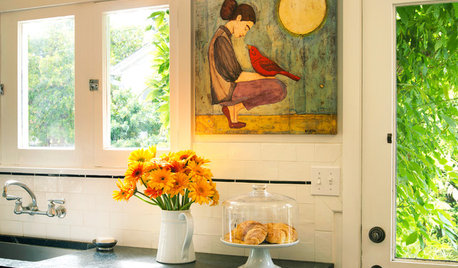
SIMPLE PLEASURESThe Art of Being Neighborly
Learn the heartfelt gestures that go a long way toward creating a welcoming community
Full Story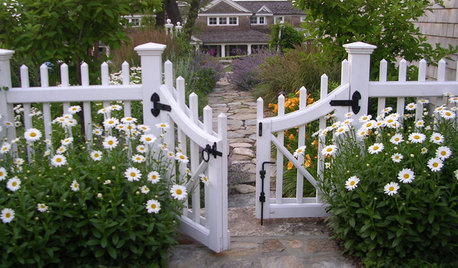
CURB APPEAL7 Ways to Create a Neighborly Front Yard
Foster community spirit by setting up your front porch, paths and yard for social interaction
Full Story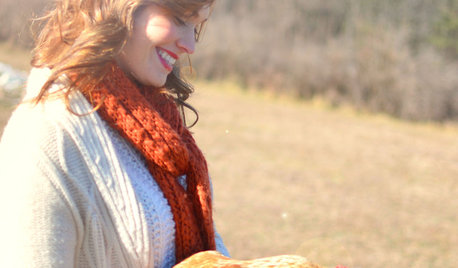
GARDENING AND LANDSCAPINGRaise Backyard Chickens Without Ruffling Neighbors' Feathers
Before you build a coop in the backyard, follow these strategies to help keep your neighbors from squawking
Full Story






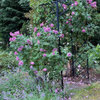
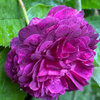
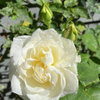
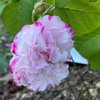
JAYK
rosenewbieOriginal Author
Related Professionals
Clark Landscape Architects & Landscape Designers · San Juan Landscape Architects & Landscape Designers · Tempe Landscape Contractors · Wilmington Landscape Contractors · Broadlands Landscape Contractors · Desert Hot Springs Landscape Contractors · Doctor Phillips Landscape Contractors · Fountain Valley Landscape Contractors · Lemay Landscape Contractors · Mastic Beach Landscape Contractors · Smyrna Landscape Contractors · South Portland Landscape Contractors · Suitland Landscape Contractors · Welby Landscape Contractors · Palos Hills Landscape Contractorsalthea_gw
threeducks
hershigrl
michaelg
elvie z9CA
monroemc_cdm_com